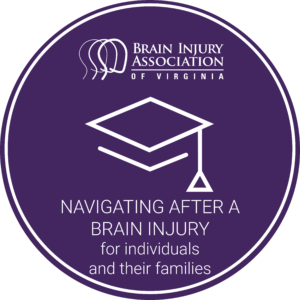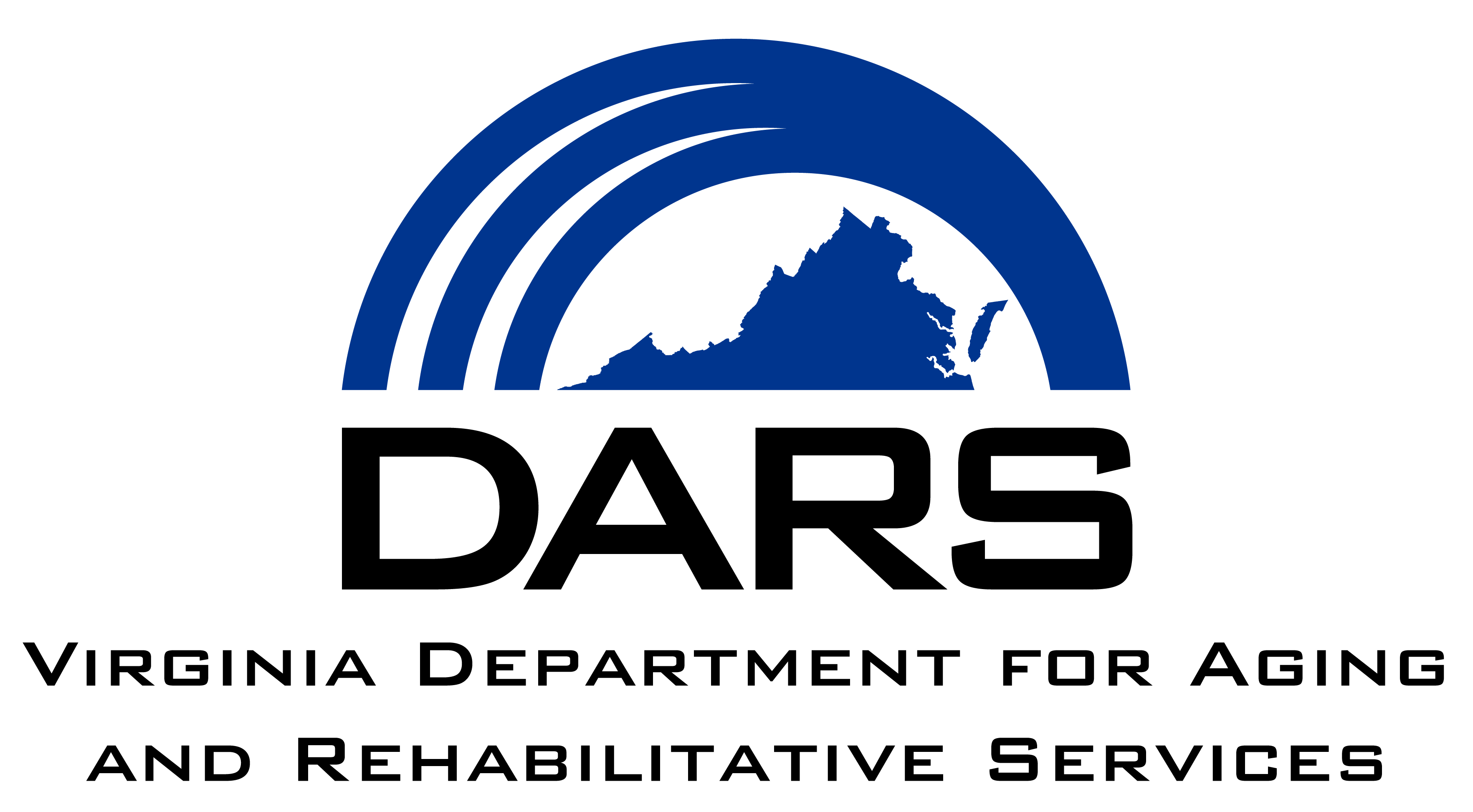Your Cart

Course Description
Brain injury often alters roles and responsibilities within a family. The individual with an injury may struggle to adjust to changes caused by the brain injury; family members and others close to a person with brain injury may struggle too. Recovery from brain injury is a process that takes patience, time, information and understanding. This course will cover an overview of brain injury, the anatomy of the brain and what happens when it is injured, medical and physical complications, cognitive and behavioral issues, psychosocial challenges, functional impacts, medication management, adjustment for families and the services and supports offered in Virginia.
Course Learning Objectives:
-
- Understand the parts of the brain and what happens to it when it is injured
- Recognize the difference between a mild, moderate and severe traumatic or non-traumatic brain injury
- Identify medical, physical, cognitive, neurobehavioral and psychosocial challenges after a brain injury
- Learn how to deal with changes, positive thinking and manage medical needs
- Discover local resources to help serve persons with TBI
Course Structure: Self-paced online course.

Accessing the Navigating Brain Injury Course
Get Started!
- To sign up go to the "Get Access NOW" button below to pay, create a user name and password unique to you and get access to the course.
- If you decide to purchase a course please view our written Course User Guide for tips and information about navigating course. Or you can view a course How to video here.
Individual Registration

This project was supported [in part] by Grant #90TBSG0070-01-00 from the Administration for Community Living (ACL), U.S. Department of Health and Human Services. Grantees undertaking projects under government sponsorship are encouraged to express freely their findings and conclusions. Points of view or opinions do not, therefore, necessarily represent official policy of ACL or DARS.
